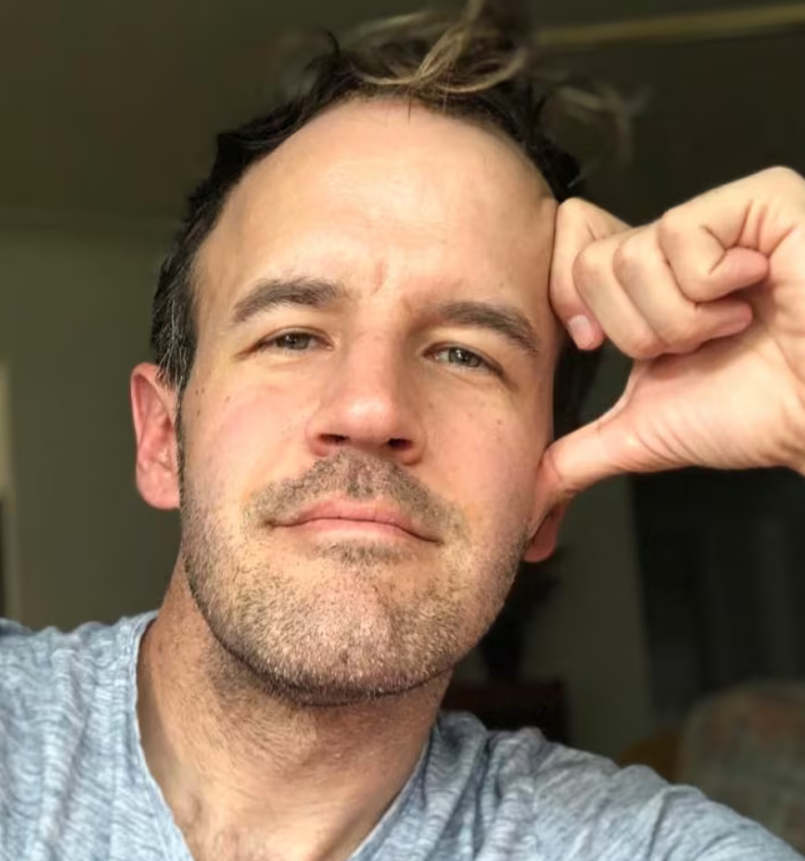A troubling pattern is emerging in divorce courts across Canada, where family lawyers report an increasing number of marriages dissolving due to what they describe as radicalization through online content consumption.
Scott Byers is a family lawyer practicing in Swift Current, Saskatchewan. He has witnessed firsthand how digital influences are reshaping relationships in destructive ways. His observations point to a concerning trend that began during the pandemic and has intensified in recent years.

“As the years have passed since the pandemic, I’m certainly seeing more clients come in telling me, ‘My spouse isn’t the person that I knew when [we] met. He puts his ear buds in and he’s listening to these podcasts and a lot of thinkers associated with the so-called manosphere,'” Byers explained.
The lawyer describes this shift as creating “a new and unsettling dynamic” in marriages, where online misogyny feeds what he characterizes as a culture of coercion and abuse.
One particularly striking case involved a woman whose husband had been injured at work. Unable to continue his job, the man began spending increasing amounts of time online, consuming what Byers termed “radical ideas” about gender roles and relationships.
“He started to express views about how their children should be raised that my client just couldn’t accept,” the lawyer recounted.
This phenomenon extends beyond individual relationships into the legal process itself. Byers notes that men influenced by these ideologies often choose to represent themselves in divorce proceedings, driven by beliefs that family courts systematically discriminate against fathers and husbands.
“They see this as the fight of their lives, and they’re fighting the good fight on behalf of men and boys everywhere,” he observed, adding that this mindset makes practical discussions about child support and custody arrangements particularly challenging. “Their head is just not there.”
The personal cost of this trend is evident in stories like that of Kenzie Sproat, a 23-year-old university student who experienced the gradual transformation of her partner during their year-long relationship. Initially describing him as a gentleman, she watched as his behavior shifted toward control and ridicule.

“I’m kind of ashamed,” Sproat admitted. “I totally just listened to him, and then at the end, I was like, ‘What am I doing? I don’t know what I’m doing.'”
The warning signs emerged six months into their long-distance relationship, when her American military partner began criticizing her appearance, demanding constant communication, and expressing jealousy over her male friendships. The gradual nature of these changes made them particularly insidious.
“I got used to it. I got used to the condescension,” she reflected.
Sproat believes the online content her former partner consumed, including certain popular podcasts and content from controversial figures like Andrew Tate, played a role in his behavioral transformation. She recalled how “he would make jokes about how many good points Andrew Tate has,” referencing the self-described misogynist who has gained significant online influence.
When their relationship finally ended, Sproat experienced an immediate sense of relief rather than prolonged grief. “The next day I felt physically lighter and I was over it.”
Neil Shyminsky, an English professor at Cambrian College in Sudbury, Ontario, who has studied these online movements extensively, provides context for understanding this phenomenon. He describes the manosphere as “a misogynist movement that feels that feminism has won.”

According to Shyminsky’s analysis, this ideology promotes the belief that “women have not just achieved equality, but now women are in the driver’s seat and that this is wrong, and it is both natural and good for men to be in positions of power and leadership.”
The movement advocates for a return to traditional gender roles, with influencers suggesting that “the only thing that women are good for is sex and popping out babies or maybe picking up after you,” as Shyminsky characterized their messaging.
What makes the current situation particularly concerning is the evolution of this movement’s reach. When these trends first emerged a decade ago, they primarily attracted single men, with Shyminsky noting that “the greatest predictor of somebody identifying as a member of the manosphere is that they’ve been rejected by a woman recently.”
The spread of these ideas into married relationships represents a significant shift. “This is a sign that those tendrils of the manosphere that I was talking about earlier are just permeating deeper and deeper into spaces that are mostly populated by men,” Shyminsky explained.
Both experts view this phenomenon as symptomatic of broader societal challenges. They see online influencers offering oversimplified solutions to complex economic and social problems that many men face.
Shyminsky outlined the typical narrative: “The problem [in their view] is that men aren’t men anymore. You got laid off from your job, because you are not manly, your boss is not [manly]. Maybe your boss is a woman. If we want to fix it, if we want to solve the problem, men just have to be men… You gotta be that much more manly, that much more masculine. And that’s when we slip into being toxically masculine.”
Despite witnessing numerous relationship breakdowns, Byers suggests that couples might be able to prevent such outcomes through proactive communication. He recommends honest conversations about online content consumption and its impact on relationships.
“If it’s not enough to salvage that relationship, it would at least allow people to catch this at an earlier stage and make educated decisions about whether to stay and whether to go,” he advised.
Sproat, now in what she describes as a positive relationship, maintains optimism about finding partners who support rather than diminish their significant others. She draws hope from observing her current partner’s friendships, noting that he and his closest friends “are loyal people who help support their female partners’ goals and want them to thrive.”
“There are good men. You just gotta find them,” she concluded, despite her difficult experience with online radicalization’s impact on relationships.
The influence of certain online content creators extends far beyond entertainment, potentially reshaping fundamental relationship dynamics and contributing to family breakdown in ways that are only beginning to be understood by legal professionals and relationship experts.


